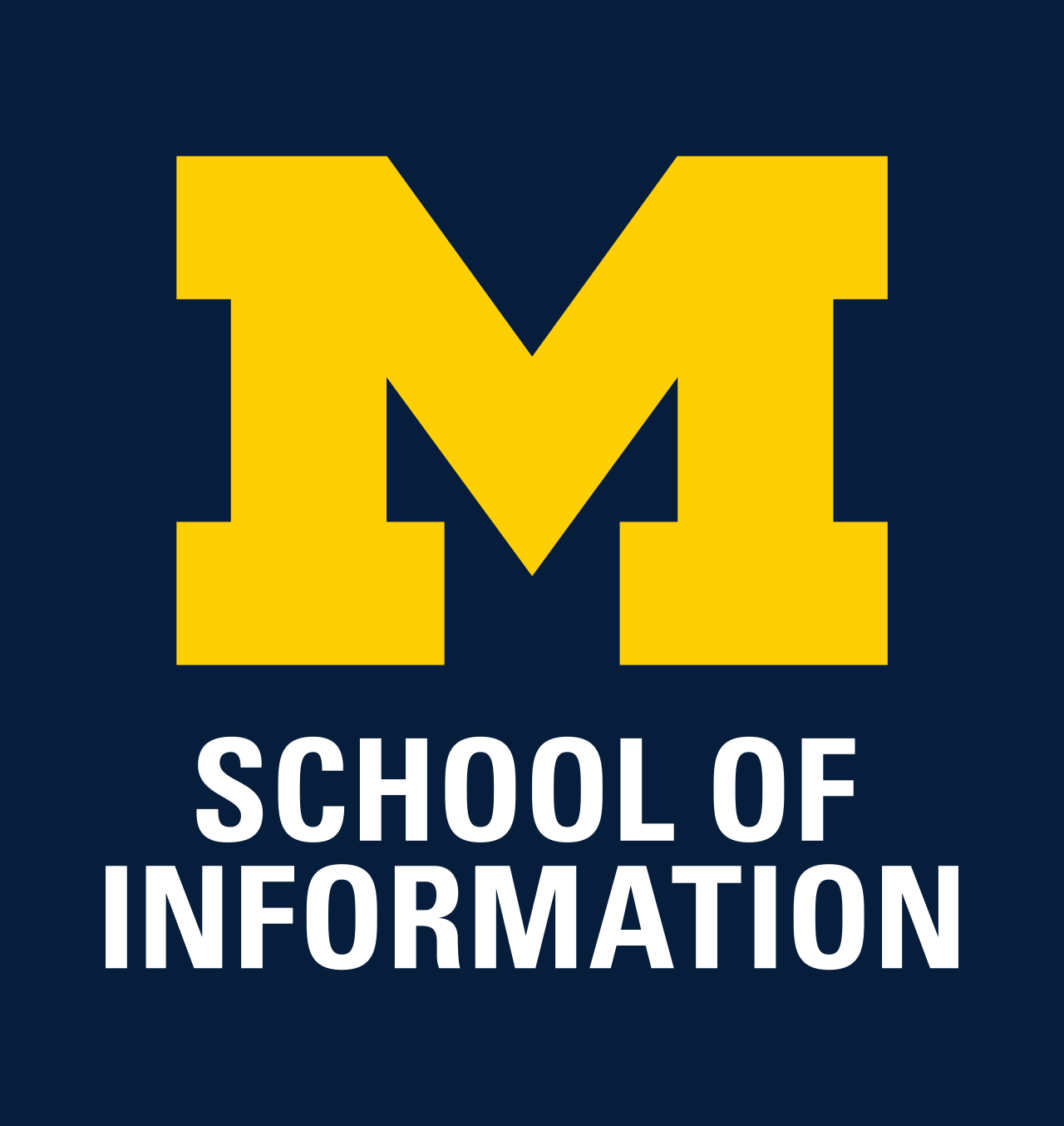Partners
Team
-
Barry Fishman
Barry Fishman, Ph.D. is Professor of Learning Technologies in the University of Michigan School of Information and School of Education. His research focuses on: teacher learning and the role of technology in supporting teacher learning, video games as models for learning environments, and the development of usable, scalable, and sustainable learning innovations through design-based implementation research (DBIR). He was co-author of the Obama Administration’s 2010 U.S. National Educational Technology Plan, served as Associate Editor of The Journal of the Learning Sciences from 2005-2012, and was the 2001 recipient of the Jan Hawkins Award for Early Career Contributions to Humanistic Research and Scholarship in Learning Technologies. He received his A.B. from Brown University in English and American Literature in 1989, his M.S. from Indiana University in Instructional Systems Technology in 1992, and his Ph.D. in Learning Sciences from Northwestern University in 1996.
-
Jan L. Plass
Jan L. Plass, Ph.D. is the Paulette Goddard Professor of Digital Media and Learning Sciences at NYU Steinhardt and founding director of CREATE. Dr. Plass is also the co-director of the Games for Learning Institute. His research is at the intersection of cognitive science, learning sciences, and design, and seeks to enhance the design of highly interactive visual environments. His current focus is on cognitive and emotional aspects of information design and interaction design of simulations and educational games for math and science education. Dr. Plass received his MA in Mathematics and Physics Education and his Ph.D. in Educational Technologies from Erfurt University (PH Erfurt, Germany).
-
Michelle Riconscente
Michelle Riconscente, Ph.D. is Director of Learning and Assessment at GlassLab. Dr. Riconscente brings expertise in evidence-centered assessment design, formative assessment, psychometrics, cognitive science, and instruction to the Lab’s innovations in creating game environments and support materials that strongly link learning and assessment. Previously an Assistant Professor of Educational Psychology and Technology at the University of Southern California, she authored the first controlled study of an iPad learning app, and her published research on student motivation includes mixed-methods investigations of U.S. and Mexican students’ subject-matter interest. Dr. Riconscente has served as a consultant to several organizations, including Harvard University, MIT, GameDesk, Scholastic Inc., The Carnegie Corporation of New York, UCLA’s CRESST, Motion Math Games, and the U.S. Department of Education. She holds a bachelor’s degree in mathematics-physics from Brown University and a Ph.D. in educational psychology from the University of Maryland, College Park.
-
Rachel Snider
Rachel Snider is a doctoral candidate in Mathematics Education at the University of Michigan School of Education. Her research focuses on teacher knowledge and reasoning and teacher education. Rachel’s dissertation looks at the mathematical knowledge for teaching and reasoning secondary mathematics teachers use as they plan for and carry out the teaching practices of giving explanations and selecting examples. In graduate school, she has spent two years as a field instructor for pre-service teachers. Rachel received her M.S. and B.S. from the University of Michigan in Mathematics. Before graduate school, she spent three years teaching high school mathematics in Westwood, Massachusetts.
-
Tzuchi Tsai
Tzuchi Tsai is a doctoral candidate in Educational Leadership at the New York University Steinhardt School of Culture, Education, and Human Development. His research focus is on empowerment and the experience of New York City public school principals. Tzuchi is a research assistant for CREATE and holds an M.Ed. in School Leadership from Harvard University, an M.A. in Mathematics Education from Columbia University, and a B.S.E. in Biomedical Engineering from Tulane University. Before graduate school, he spent six years in New York City public schools teaching middle school mathematics. In his spare time, he enjoys video games and is a fan of Little Big Planet and Portal.
Acknowledgements
We gratefully acknowledge the support of the Bill & Melinda Gates Foundation for funding this research. We thank BrainPOP for providing access to their GameUp portal for the case study portion of the study, in particular the support of allisyn levy and Scott Price at BrainPOP, and the many organizations who agreed to let their games be used in this study. We also thank the team at the Joan Ganz Cooney Center who collaborated with us on the design of the survey portion of this study. We also thank the teachers who responded to our surveys and participated in our case studies, as well as John Mannes and Joseph Shulman, who contributed to the research at the University of Michigan, and Brianna Avenia-Tapper, who contributed to the research at New York University. The views presented in this work are those of the authors, and not necessarily those of the funder, our partners, or the authors’ organizations.



